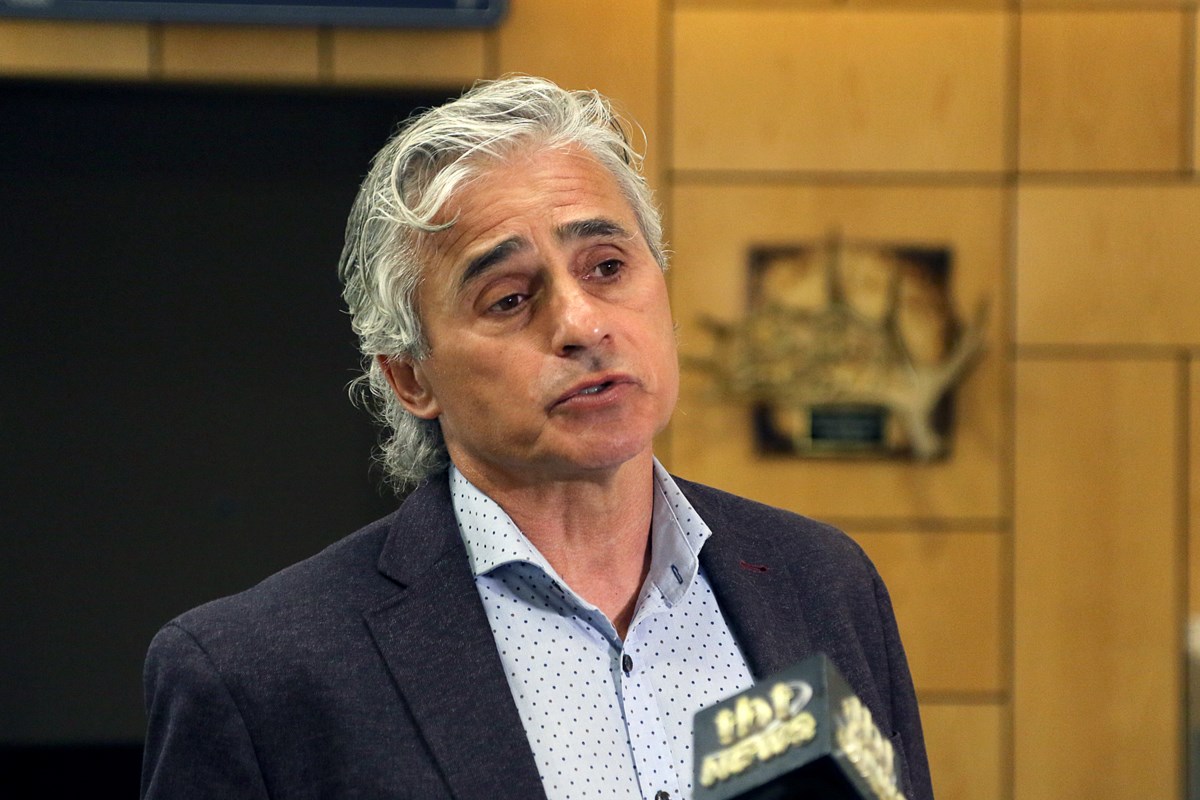[ad_1]
The pandemic demonstrates the need to strengthen, not merge, health services, according to mayors of northern Ontario’s five largest cities.
THUNDER BAY – Mayors of northern Ontario’s five largest cities are calling on the province to reverse plans to consolidate its 34 health units into 10, saying the pandemic has shown agencies are already at the end of their rope .
In a letter to Premier Doug Ford, the mayors warned that provincial plans to consolidate health units and shift more costs to municipalities would dangerously erode the public health system.
“Throughout the pandemic, we have seen our [public health units’] capacity extended beyond their respective limits, ”the letter said. “Reducing this capacity further risks a significant deterioration in their ability to effectively serve their regions in normal times, let alone another health care crisis.”
Thunder Bay Mayor Bill Mauro signed the letter with his counterparts in Sudbury, Sault Ste. Marie, North Bay and Timmins. Dated March 24, it will be presented to city council for information on Monday.
The Ford government’s 2019 budget planned to consolidate its 34 health units into 10 larger regional agencies and cut provincial funding by $ 200 million per year – although the province maintained that this would be offset by an increase in municipal contributions. .
The changes were initially expected to be implemented by 2020-2021.
These plans were to include the combination of the Thunder Bay District Health Unit and the Northwestern Health Unit, which together serve an area of over 400,000 square kilometers.
The proposal has sparked concern and opposition from many public health officials and city leaders.
Thunder Bay District Health Unit Medical Officer of Health Dr. Janet DeMille warned the changes would “dilute” representation on boards of health, leaving small communities without a seat at the table – a point echoed by Dr. Kit Young of the Northwestern Health Unit Hoon Department of Health.
“Public health is very local. We are tied to municipalities. If you lump too many of them into one or areas are too big, you tend to lose that local connection,” DeMille said in 2019.
In their recent letter, the five mayors of Northern Ontario say municipal budgets are already strained and absorbing more public health costs would likely result in higher taxes.
“Health care is squarely a matter of provincial responsibility and jurisdiction,” they write. “Our municipal taxes and funding mechanisms are struggling to deliver the essential services that they were designed and are required to provide.”
“If the province continues to shift costs into the municipal tax base, it will put additional pressure on commercial, industrial and residential property taxes that we are already struggling to keep at reasonable levels. “
The province traditionally shared 75-25 public health costs with municipalities. This is expected to increase to 70-30 in 2022, according to the 2021 budget documents from the City of Thunder Bay. The city’s public health tax was just over $ 2.5 million this year.
The letter calls for follow-up discussions with the province and calls on the government to abandon its consolidation plans.
“We specifically call on your government to move away from the amalgamation of public health units and commit to the historic funding model whereby the province pays the same share of public health costs as it did before its modernization framework.
[ad_2]

